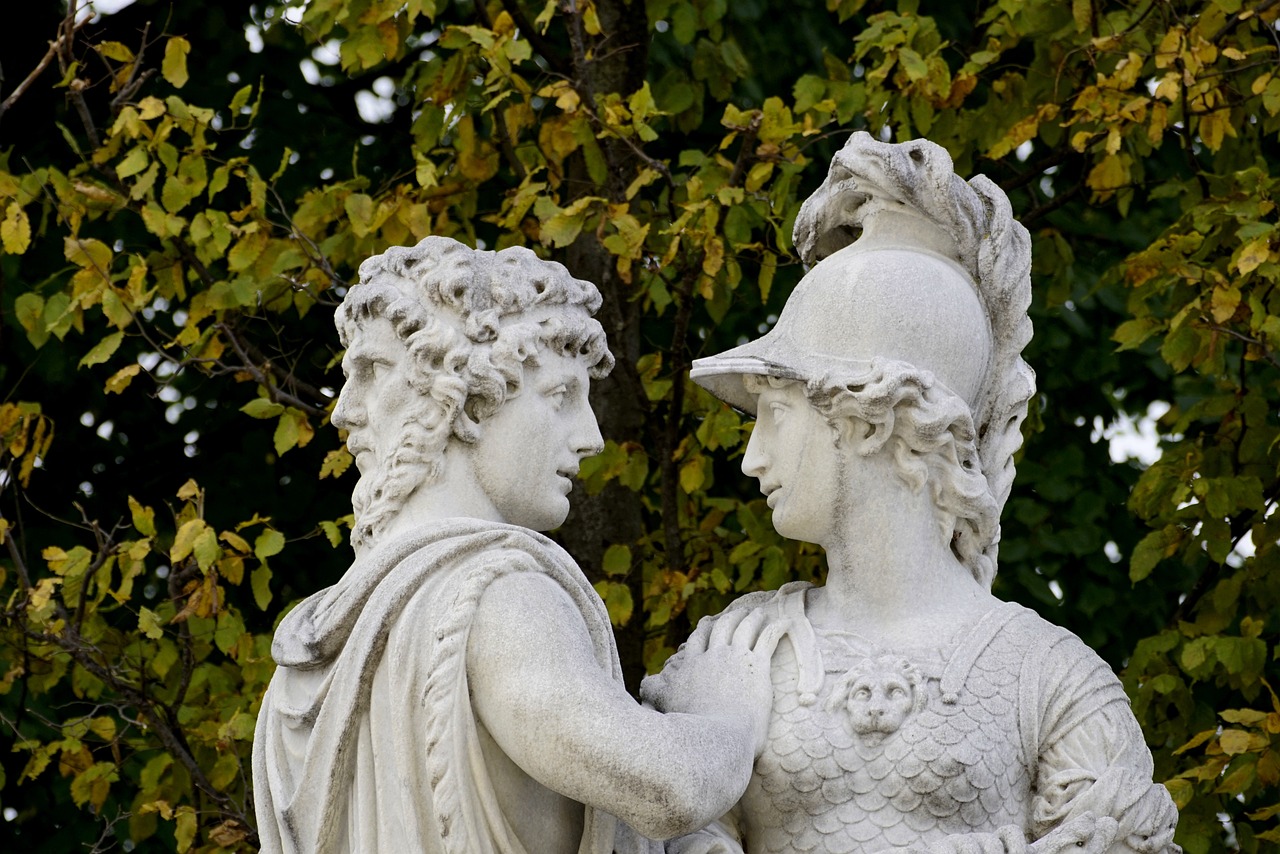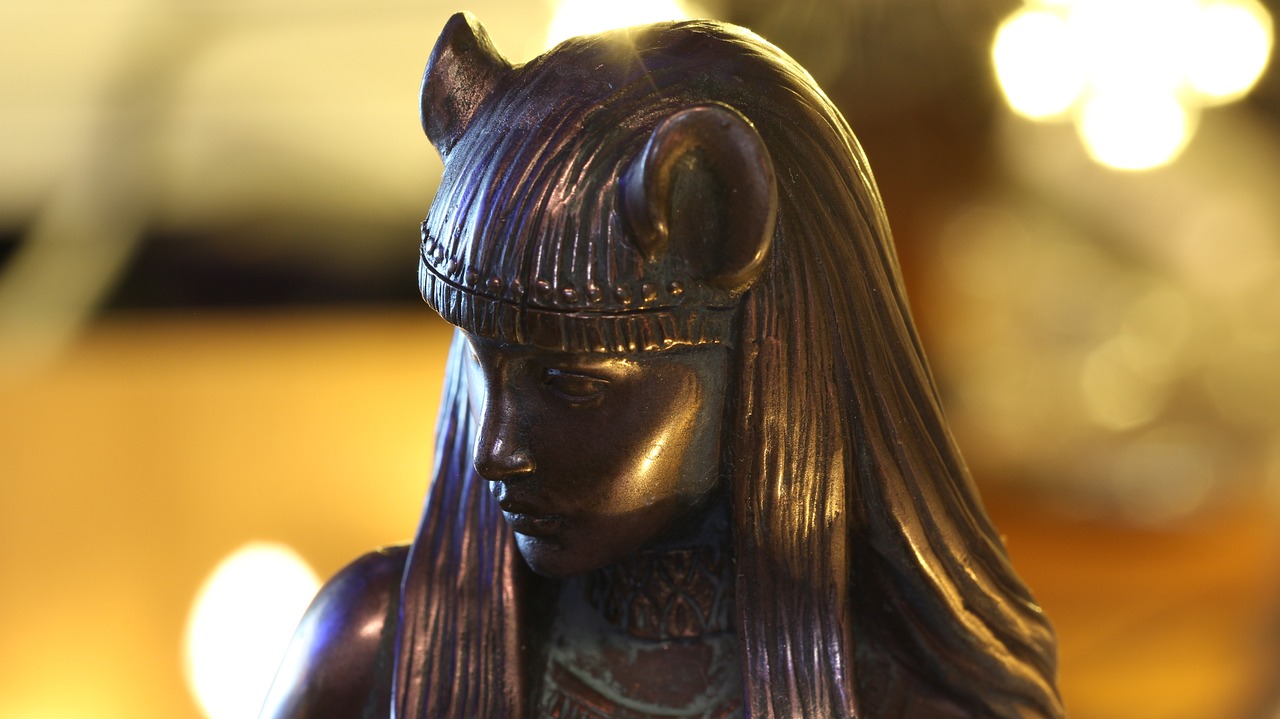Author: Sun WuKong
-
In the realm of Egyptian spirituality and mythology, Mut, also known as Maut, was revered as a mother goddess whose head resembled that of a vulture. She was the consort of Amon, one of the principal deities, and the mother of Khons, together forming a revered triad at Thebes. Amon was frequently depicted in the…
-
Sulis, renowned as one of the most prominent goddesses of Celtic mythology, is primarily linked to a singular sacred site located at a thermal spring in the southwest region of England. This location, recognized by the Romans as Aquae Sulis, served not only as a spa destination but also housed a temple dedicated to Sulis…
-
Epona: The Celtic Goddess of Horses Epona, known as the Great Mare, stands prominently as a Goddess of Horses revered among the Gauls. Despite her significance, extensive information regarding her remains sparse. The legends of the Gaulish Celts have largely disappeared over time, as much of what we know stems mainly from inscriptions and monuments…
-
Understanding Bellona: The Roman Goddess of War Polytheism in Ancient Rome Before Christianity became the Roman Empire’s official religion in the mid-4th century, Rome embraced a polytheistic belief system where numerous gods were worshipped through festivals and sacrifices year-round. Status held significant importance in this society, leading to veneration of major deities, such as Jupiter,…
-
In 1460, an intriguing discovery was made by Cosimo de Medici, a prominent Italian noble. His passion for collecting rare and ancient texts had led him to seek out the obscure writings of great Greek thinkers such as Plato. Sadly, many of these texts had been lost to history due to the destruction of libraries…
-
The Bennu: A Symbol of Resurrection in Ancient Egyptian Mythology The ancient Egyptian mythology is rich with symbols, one of the most prominent being the Bennu bird, often recognized as the phoenix. This mythical creature exemplifies themes of rebirth, renewal, and the cyclical nature of existence among the ancient Egyptians, particularly representing resurrection and the…
-
Understanding Ancient Egyptian Religion: Its Core Beliefs and Practices Ancient Egyptian religion encompasses the indigenous beliefs from the pre-dynastic era (4th millennium BCE) up until the decline of traditional practices in the early centuries CE. To truly appreciate the intricacies of this ancient faith, one must consider the context of Egyptian society from approximately 3000…
-
Eris: The Goddess of Discord Eris embodies the essence of strife, discord, contention, and rivalry. In ancient depictions, she is often associated with the chaos of battle, relishing in the bloodshed that war brings. Notably, her contentious spirit led to her exclusion from the wedding of Peleus and Thetis. In a fit of rage, she…
-
Cats hold a prominent position in the art and culture of ancient Egypt, being repeatedly featured and symbolizing various attributes. The Egyptians had encounters with larger felines such as lions, panthers, and jungle cats in their environment, while smaller domestic cats cohabited with humans, adeptly managing pests around homes and granaries. This close interaction led…
-
Neptune, the Roman deity governing the sea, shares his roots with the Greek god Poseidon. Initially revered as a god of freshwater, Neptune’s identity evolved as he adopted Poseidon’s characteristics during the integration of Greek and Roman mythologies. He inhabits an opulent palace beneath the ocean’s surface, ruling over a domain filled with sea gods…








